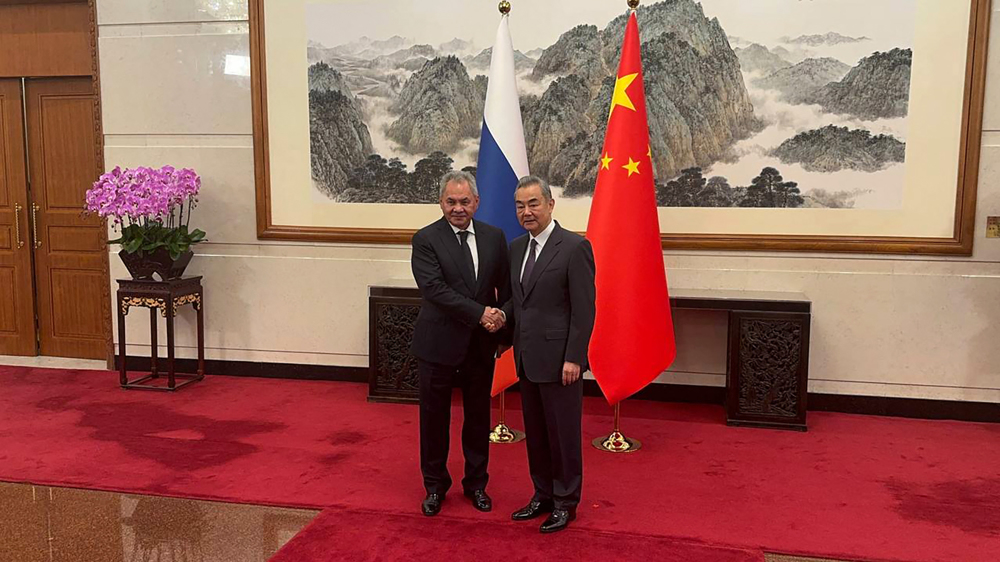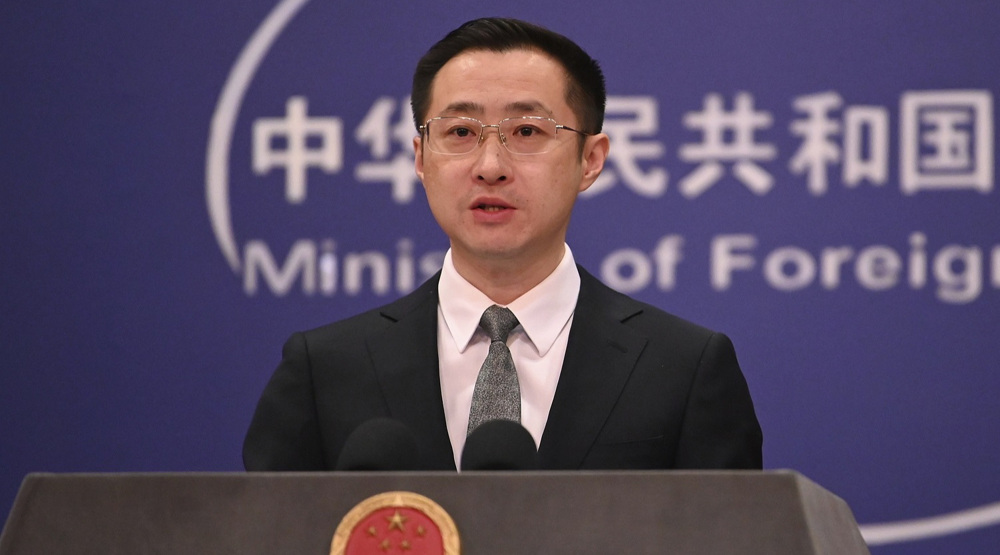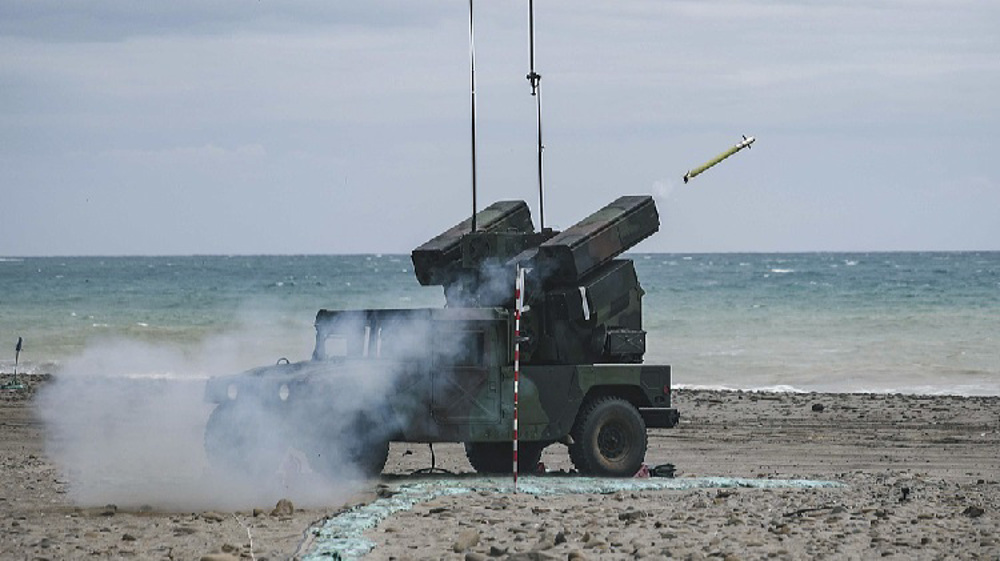ASEAN leaders call for ‘non-militarization’ in South China Sea
In a joint communiqué, leaders of the Association of South East Asian Nations (ASEAN) have called for “non-militarization” and “self-restraint” in the South China Sea, without making a direct reference to Beijing’s role in the disputed waters.
The 10 ASEAN foreign ministers issued the communiqué at the 50th ASEAN Regional Forum (ARF) in the Philippines capital, Manila with a one-day delay late Sunday evening.
The 46-page text said some members of the block voiced concerns about “activities in the area which have eroded trust and confidence, increased tension and may undermine peace, security and stability.”
It also “emphasized the importance of non-militarization and self-restraint.”
Diplomats said the group failed to issue its statement on Saturday amid disagreements about whether to make oblique references to China’s rapid expansion of power in the region.
Vietnam, which has overlapping sovereignty claims with China to the sea, had pushed for stronger language despite opposition from many of the ministers, according to a diplomat.
The agreed text takes a stronger stance against China than an earlier unpublished draft, which was a watered-down version of the one issued last year in Laos, according to the diplomatic sources.
China claims almost all of the South China Sea, most of the regional group’s members, including Vietnam and Malaysia, have also competing claims to the waters, which are rich in oil and gas.

Meanwhile, ASEAN foreign ministers and China also adopted a negotiating framework for a “code of conduct” in the disputed waters of South China Sea on Sunday.
The ASEAN states also agreed to Chinese Foreign Minister Wang Yi’s proposed three-step process, involving officially adopting the framework, holding consultations in August and announcing the start of the formal talks in November.
Wang said the adoption of the framework created a foundation for negotiations that could start this year if “the situation in the South China Sea is generally stable and on the premise that there is no major interference from outside parties.”
By “outside parties,” Wang was referring to the US, which is routinely accused by Beijing of interfering in territorial disputes between China and its neighboring rivals, including in the South China Sea.
Beijing says Washington sparks unnecessary tensions by meddling in the disputes and siding with China’s rivals.
Resistance movements condemn Israeli killing of Hezbollah spokesman
Biden allows Ukraine to use US missiles to strike inside Russia: Sources
OIC condemns Israel’s war crimes against Palestinians in Gaza
Iran FM slams reported EU plans to impose sanctions on IRISL
VIDEO | Press TV's News Headlines
Lebanon army says Israeli attack kills two soldiers in south
Iran launches renovation project at its main oil export terminal
Trump's re-election will not affect Iran-China strategic ties: Leader’s aide













 This makes it easy to access the Press TV website
This makes it easy to access the Press TV website